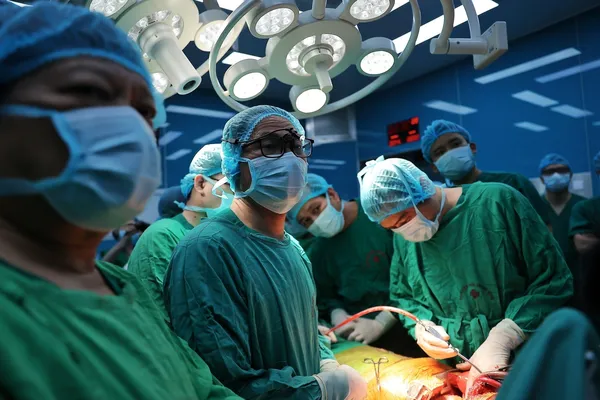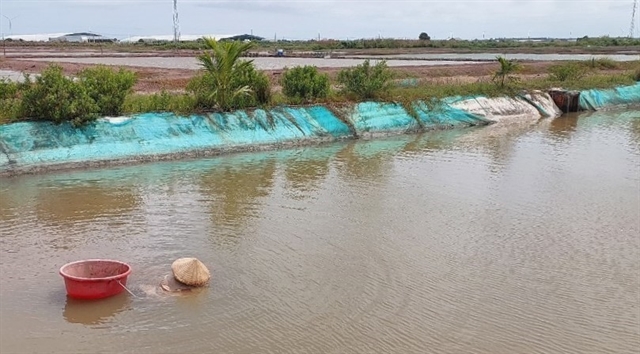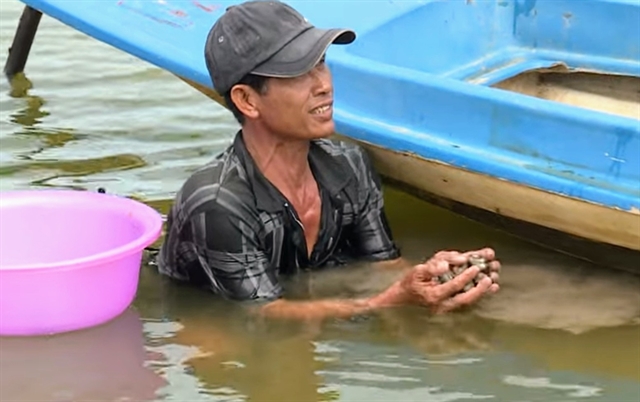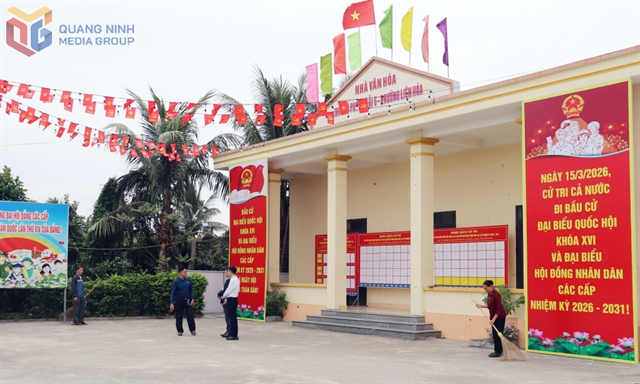 Society
Society

 |
| A shrimp pond in Vĩnh Thịnh Commune in Bạc Liêu Province’s Hoà Bình District where blood cockles are also farmed. The model offers farmers high incomes. – VNA/VNS Photo |
BẠC LIÊU – Farmers in Bạc Liêu Province are breeding blood cockles in shrimp ponds as it offers high incomes.
The model is popular in most coastal areas in the Cửu Long (Mekong) Delta province, especially Đông Hải District.
The district’s An Phúc, Định Thành, An Trạch A, and Long Điền Tây communes have favourable conditions in terms of water resources and natural food for breeding the blood cockles, and the local produce is large and delicious.
The clams grow well and rapidly in areas that have tides and alluvial soil.
Trịnh Út Nhỏ in An Phúc Commune has been breeding blood cockles and shrimp in his pond for three years using an extensive farming method.
Water in shrimp ponds have large volumes of alluvium and natural foods, enabling the clams to grow fast and be harvested after for six to nine months when they reach a weight of 70-100 per kilogramme, he said.
In the last crop, he bought 100kg of juveniles at a cost of VNĐ20 million (US$830) and earned VNĐ150 million ($6,200) from harvesting them.
Dương Quốc Toàn, chairman of the An Phúc Commune People’s Committee, said blood cockles are easier to breed than shrimp or mud crab because farmers do not have to buy food for them unlike the latter.
They only need to change the water regularly and the production efficiency is high, he said.
“Previously, farmers in the commune focused on breeding shrimp and mud crab and earned VNĐ70-80 million ($2,900-3,300) per hectare per year.
“After breeding blood cockles in their shrimp ponds, it has increased to VNĐ160-170 million ($6,600-7,000).”
Nguyễn Quốc Nam, chairman of the Đông Hải Farmers' Association, said the association and the local Agriculture and Rural Development Bureau have taught farmers how to breed them to improve efficiency.
The clams are now bred on hundreds of hectares, seven or eight times the area three years ago, he said.
The association is running a programme in ĐịnhThành Commune under which 10 local households have been given loans worth a total of VNĐ300 million ($12,400) for farming the clams and they have bred two crops so far.
Each household earns a profit of VNĐ70-80 million ($2,900-3,300) per crop.
The model dovetails with the province’s zoning plans for diversifying agricultural products in every farming area, according to its Department of Agriculture and Rural Development.
But breeding blood cockles is difficult in the province because juveniles have to be mostly brought from other provinces and so their quality is uneven and prices are high, and their survival rate is low.
To mitigate these difficulties, the department will organise activities to train local producers in the juvenile production models used in other provinces, and encourage and create favourable conditions for individuals and organisations there to transfer their breeding techniques to local producers.
The department will develop linkages through cooperative groups and cooperatives to help farmers improve their incomes. – VNS
 |
| Breeding blood cockles in shrimp ponds offers high incomes for farmers in Bạc Liêu Province’s Đông Hải District. – VNA/VNS Photo |




